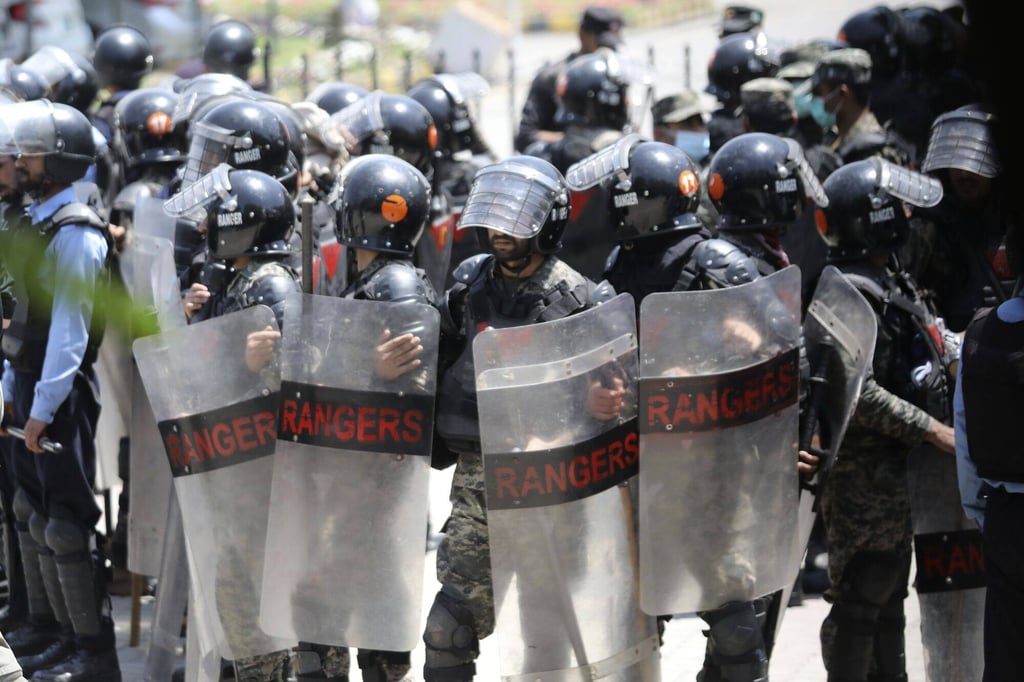Pakistan’s Imran Khan to ‘face wrath of the state’ in military court trial over protests
- The former PM once had Pakistan’s all-powerful military on his side, but all that has changed following a series of mob attacks linked to his party
- Even his hopes of a sympathetic judiciary have been dashed, as the ruling coalition goes after Pakistan’s chief justice for his alleged pro-Khan bias

Hopes that sympathetic judges of the Supreme Court could protect Khan’s party, Pakistan Tehreek-e-Insaf (PTI), were dashed as the country’s coalition government announced that parliament would seek Chief Justice Umar Ata Bandial’s removal from the top court for misconduct on the grounds of his alleged pro-Khan bias.
“Khan and his party are now realising what happens when you cross the red line with Pakistan’s all-powerful military establishment,” said Husain Haqqani, a former Pakistani ambassador to the United States and Sri Lanka.
Being on “the right side of the military” until last year meant that Khan, and his advisers and followers, had “never faced the wrath of the state” that for decades had been directed at Pakistan’s traditional political parties and civil society activists, Haqqani said.

“It remains to be seen how they will fare once they face the repression others faced while Khan and his supporters cheered on,” said Haqqani, who is currently a diplomat-in-residence at the Anwar Gargash Diplomatic Academy in Abu Dhabi and a senior fellow at Washington-based think tank the Hudson Institute.